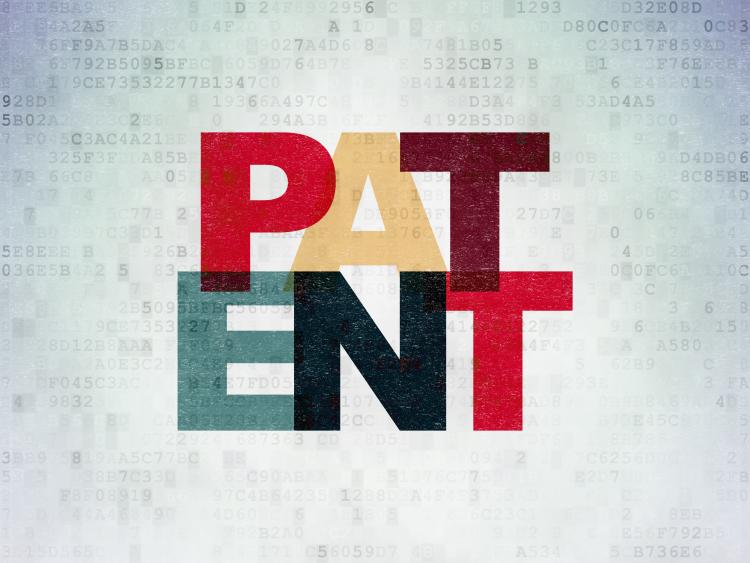
On May 22, 2017, the U.S. Supreme Court rejected the Federal Circuit’s broader interpretation of 28 U.S.C. §1400(b) in TC Heartland LLC v. Kraft Food Group Brands LLC (TC Heartland). The Supreme Court ruled that the proper venue in patent infringement cases against domestic corporations is governed exclusively by 28 U.S.C. §1400(b), which provides:
Any civil action for patent infringement may be brought in the judicial district where the defendant resides, or where the defendant has committed acts of infringement and has a regular and established place of business.
In 1957, the Supreme Court ruled that, under §1400(b), domestic corporations “reside” only in the state in which they are incorporated in Fourco Glass Co. v. Transmirra Products Corp., 353 U.S. 222, 226 (1957) (“Fourco”). More recently, the Federal Circuit held that post-Fourco amendments to the general venue statue (28 U.S.C. §1391) made the broader definition of “resides” in that section applicable to §1400(b). Thus, the Federal Circuit held that a corporate patent infringement defendant resides, for venue purposes, “in any judicial district in which such defendant is subject to the court’s personal jurisdiction with respect to the civil action in question.” VE Holding Corp v Johnson Gas Appliance Co, 917 F.2d 1574, 1580 (Fed. Cir. 1990).
- TC Heartland, the Supreme Court held that its ruling in Fourco is still applicable. Accordingly, a patent infringement lawsuit against a domestic corporation may be brought only in (1) the state in which that defendant is incorporated (where it resides) or (2) where that defendant has committed acts of infringement and has a regular and established place of business. The Supreme Court expressly declined to address the implication of its ruling on venue in patent cases filed against foreign defendants.
Summary By: Jerry Selinger (guest author, partner, Patterson+Sheridan LLP)
E-TIPS® ISSUE
Disclaimer: This Newsletter is intended to provide readers with general information on legal developments in the areas of e-commerce, information technology and intellectual property. It is not intended to be a complete statement of the law, nor is it intended to provide legal advice. No person should act or rely upon the information contained in this newsletter without seeking legal advice.
E-TIPS is a registered trade-mark of Deeth Williams Wall LLP.